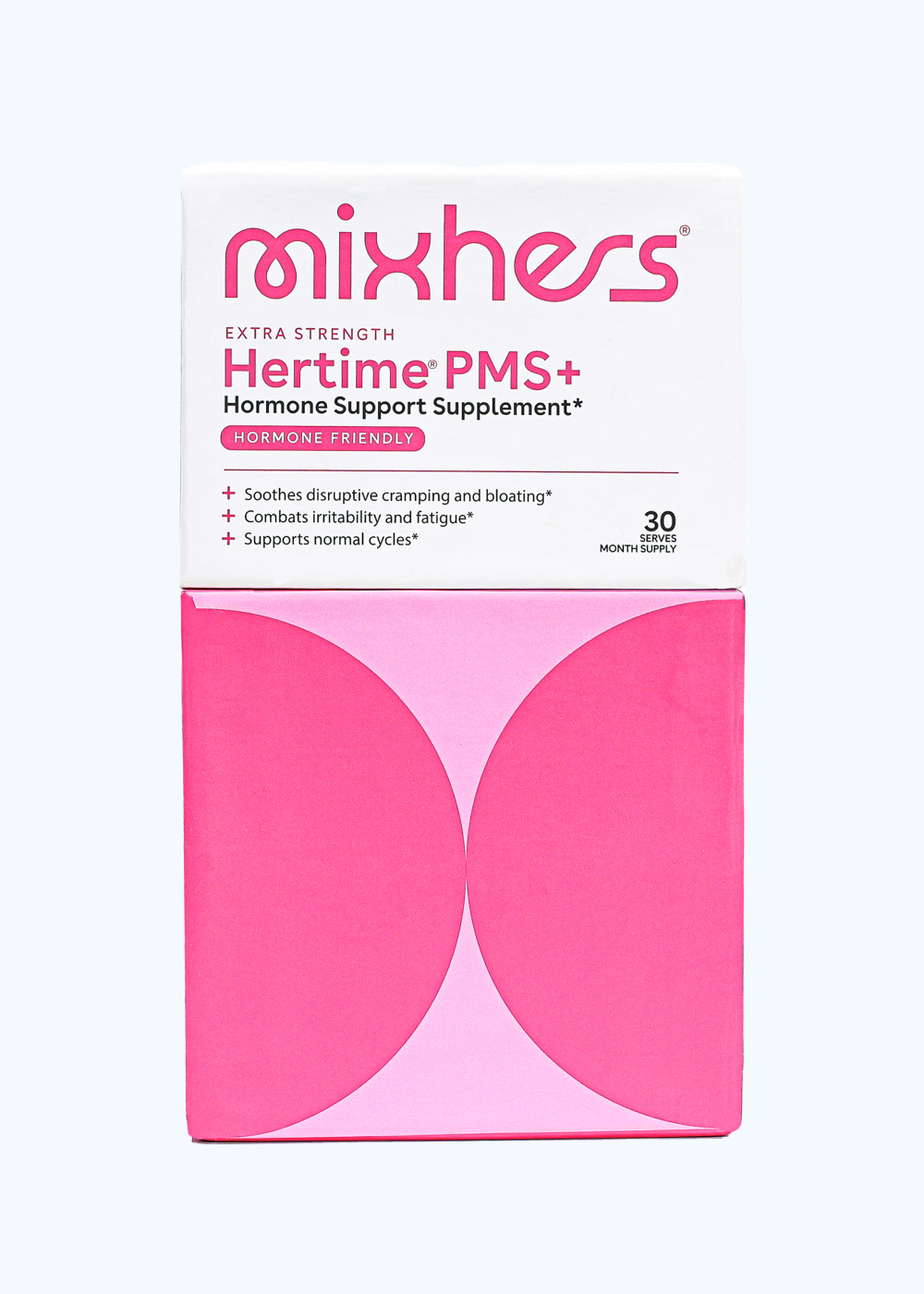Do you know if you have a vitamin deficiency? If not, review our helpful guide for recognizing nutrient deficiency signs and what to do if you have them.
Many people think vitamin deficiencies are things of the past. So it might surprise you to discover that not only are vitamin deficiencies still happening, but they are pretty common.
Could a vitamin D deficiency or some other type of deficiency be responsible for some of your aches, pains, and other seemingly mysterious symptoms? Here’s how to recognize common signs of vitamin deficiencies, and how to use Hermulti to boost your nutrient intake.












